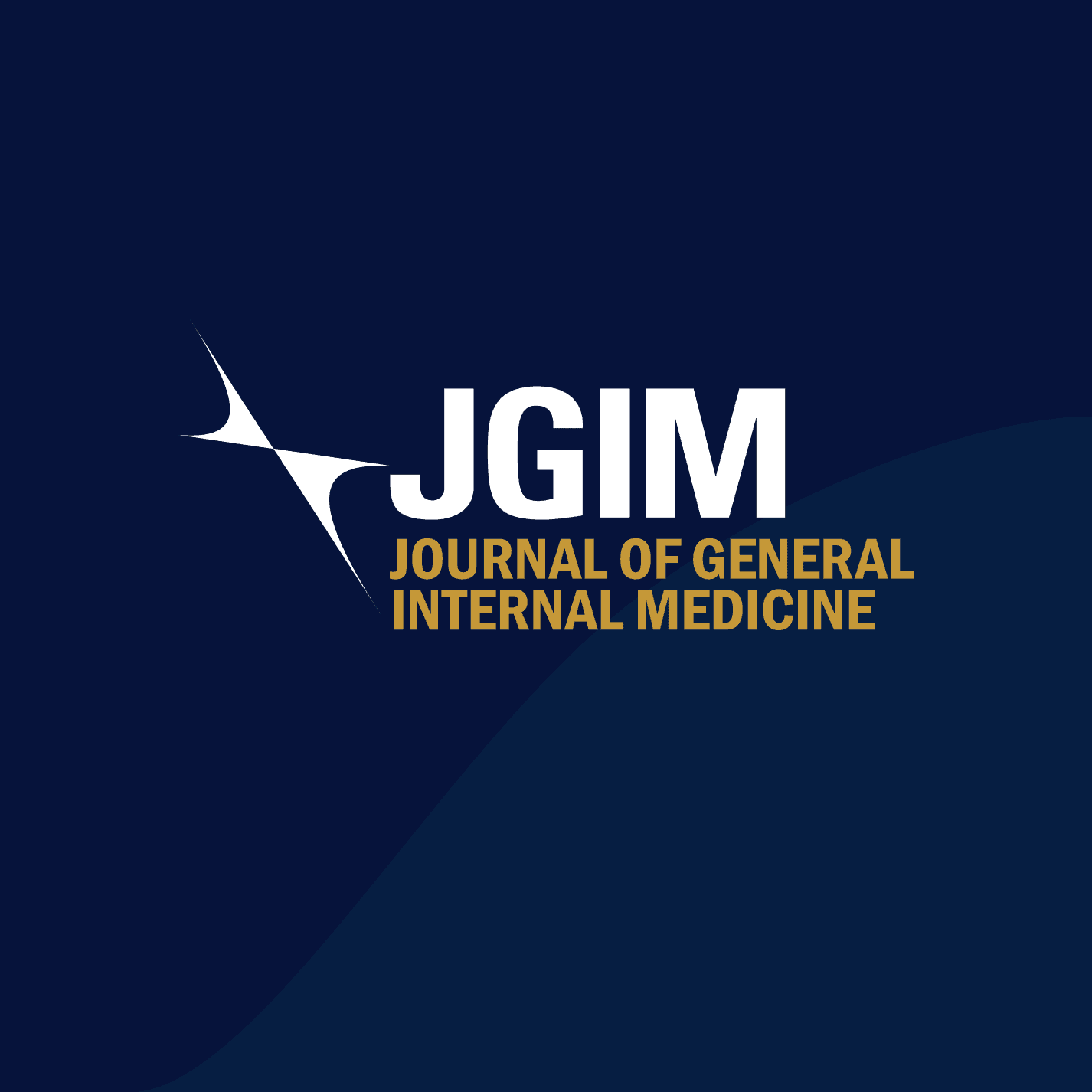Abstract
Introduction
Climate change is the twenty-first century’s biggest threat to human health. Paradoxically, North American healthcare delivery is carbon intensive. Addressing low-value interventions stands to reduce healthcare’s carbon footprint. In this position paper, we describe eight new climate focused Canadian Society of Internal Medicine (CSIM)—Choosing Wisely Canada (CWC) recommendations to help internists stop or reduce tests, treatments, and procedures that do not benefit patients and harm the environment.
Methods
The CSIM planetary health task force drafted 14 potential recommendations. This list was refined to eight final recommendations based on feedback from the CSIM membership via an online survey, an online seminar, and expert review by the CWC planetary health panel.
Recommendations
The eight recommendations are as follows: (1) Do not prescribe intravenous antibiotics for patients who can safely be treated with an oral option; (2) do not prescribe heparin or low molecular weight heparin when oral options are effective, preferred by the patient and felt to be safe by the prescriber; (3) do not prescribe greenhouse gas-intensive metered-dose inhalers where a greener alternative with comparable efficacy is available, technique is adequate, and patient preference has been considered; (4) do not recommend/order investigations or interventions before discussing patients’ expected trajectory of health and life expectancy, and exploring their goals of care; (5) do not continue medications without confirming clinical indications, particularly for sedative medications, proton pump inhibitors, and inhalers; (6) do not order daily blood tests on hospitalized patients if it will not change management; (7) do not use non-sterile disposable gloves when hand hygiene is sufficient; (8) do not book in-person follow-up appointments when a virtual visit is clinically appropriate and is preferred by the patient.
Conclusion
Using a consensus process, the CSIM recommends eight evidenced-based practices that can feasibly be adopted by general internists to reduce the carbon footprint associated with low-value clinical care.
Topic
JGIM
Author Descriptions
Department of Medicine, Faculty of Medicine, University of Ottawa, Ottawa, ON, Canada
Mathilde Gaudreau-Simard MD
Division of General Internal Medicine, The Ottawa Hospital, Ottawa, Canada
Mathilde Gaudreau-Simard MD
Department of Medicine, Faculty of Medicine, Dalhousie University, Halifax, NS, Canada
Nabha Shetty MD
Division of General Internal Medicine, Nova Scotia Health, Halifax, NS, Canada
Nabha Shetty MD
Department of Medicine, University of Toronto, Toronto, ON, Canada
William K. Silverstein MD, MSc
Division of General Internal Medicine, Sunnybrook Health Sciences Center, Toronto, ON, Canada
William K. Silverstein MD, MSc
Choosing Wisely Canada, Toronto, ON, Canada
William K. Silverstein MD, MSc
Faculty of Medicine and Health Sciences, Mcgill University, Montreal, QC, Canada
Owen D. Luo MD
Division of General Internal Medicine, Island Health Victoria, Victoria, BC, Canada
Valeria Stoynova MD
Department of Medicine, Faculty of Medicine, University of British Columbia, Vancouver, BC, Canada
Valeria Stoynova MD
Share
Related Articles
Clinical Utility of Routine Monoclonal Gammopathy Testing in the Evaluation of Peripheral Neuropathy
Abstract Background Peripheral neuropathy can be associated with certain monoclonal gammopathies; therefore,…
Starting Two or More Drugs Concurrently in Primary Care: How Often Is It Done, How Often Is It Needed?
Abstract Background There is growing awareness of the need for more cautious,…


